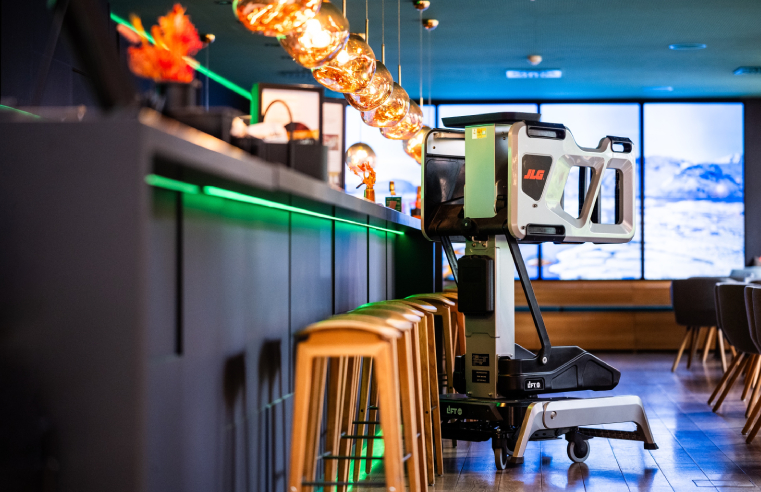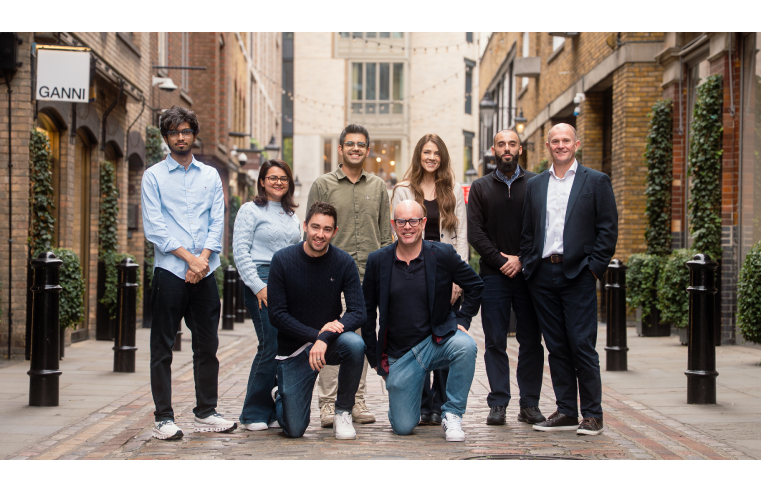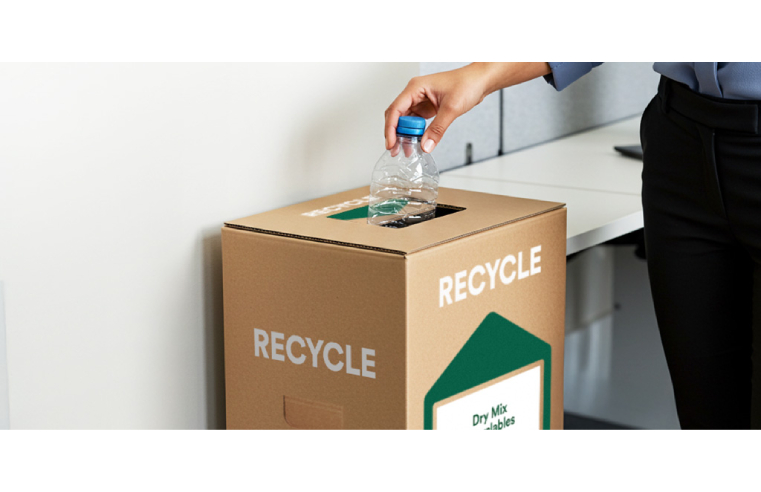As we rise to the new world of work post-pandemic, FMs are faced with a new set of obligations, especially when it comes to presenting a safe and secure return to work environment. Here, Phil Bryant, Amthal Fire & Security Head of Strategic Accounts, looks at what this really means on a day-to-day basis and how partnerships can support FMs to successfully navigate the new blended workplace.
As workplaces open up and restrictions lift the role of the FM has become more important than ever. The new world of work is different, and it requires them to demonstrate their valuable skills and adaptability.
Whilst on a practical level they are responsible for making buildings safe and secure, they are also crucial in attracting people back to the office. Whether this involves occupancy limit per room, air quality monitoring, access control reinforcement, processes to alert relevant people or the use of remote, connected or sustainable services, it is now the responsibility of FMs to present the best, safest way forward.
Changes from hybrid working
The new normal for many involves some form of hybrid working conditions, with offices introducing expectations on when and how teams return to offices on different days.
This makes seemingly simple questions such as ‘how many people are in the building today,” more complex to answer. FM teams can benefit from technical solutions for people counting like accurate touchless access control systems or easy to use advanced video analytics to help solve this issue.
Remote services can be a critical tool used to manage this shift and the introduction of new processes. Increased monitoring for both fire and security is needed to ensure that building and facilities managers are aware of access across a building which is essential to managing complex processes such as an evacuation, safety test or even just the usual flow of people.
Ensuring early detection
FMs, Security and Building Services teams must be constantly be vigilant and aware of the people and assets within a building, utilising all forms of mobile first, smart security. This means that teams can respond efficiently and effectively to any arising situation.
Video analytics is also a key tool that can have a significant impact of the time it takes to reliably identify and respond. Video analytics benefit from constant innovation and so it is very accessible and can be designed, installed and maintained quickly and effectively.
Remote protection
It is understandable that some colleagues after the uncertainties of the pandemic, may be nervous to return to the office. FMs must balance enabling an efficient movement of people and effective security measures, enabling social distancing if still a requirement by offices, with processes that help colleagues to feel comfortable and safe.
Remote protections such as remote CCTV monitoring or remote video guarding can support managing complex or multi-site buildings, significantly increasing connectivity and responsiveness.
FMs can also keep a proactive approach to monitoring, maintenance and security that utilises real-time data. With many buildings at lower levels of occupancy, this might include protecting assets from degradation or squatting or increasing levels of personal safety for teams that are in empty offices more frequently.
In certain situations, data-driven remote services can also enable external security providers to proactively manage the security of a site, easing the burden on internal managers covering a variety of roles, beyond fire and security protection, in addition to building locations. Not only can this help to identify and address issues more quickly but also maintains strong levels of communication across a site, which only empowers FMs in their role.
Flexible working
With employees coming into a building at different times, it can be challenging for FMs and Building Security teams to manage the flow of people and to track who is entering and when.
Video counting solutions and remote access controls can be vital to manage the added complexity. A combined approach of on-site guards paired with remote video guarding can also ensure that security standards remain strong despite changes in routine.
The same may also be said for maintenance teams. Prior to the outbreak of the pandemic, these teams would always have been present in the building. Now, they might also be working remotely or according to a hybrid structure.
Remote maintenance and services can provide immediate critical solutions to support all teams within this structure, as well as providing proactive protection and updates with relevant data for management teams for added peace of mind.
Compliance
Whilst there have been many changes, expectations for compliance have not been compromised or relaxed with significant penalties incurred for failure to conform. So, whilst speed is of the essence for FMs to adapt their workplaces to welcome back colleagues on an evolving basis, the need to continue for example with daily, weekly and monthly fire product testing has not gone away.
For today’s new world, it is critical to ensure the health and safety of all buildings and occupants, from colleagues to visitors and customers.
Investment in technologies that maintain employee safety and reassure teams are essential. Teams should be confident about staying safe and well in the workplace.
It’s the responsibility of FMs to ensure the right systems and security technologies are in place to promote teams’ wellbeing. By working together with trusted partners such as Amthal, FMs can tackle all the complexities and pace of a return to the workplace, whilst demonstrating clear and effective compliance and control along the way.



































